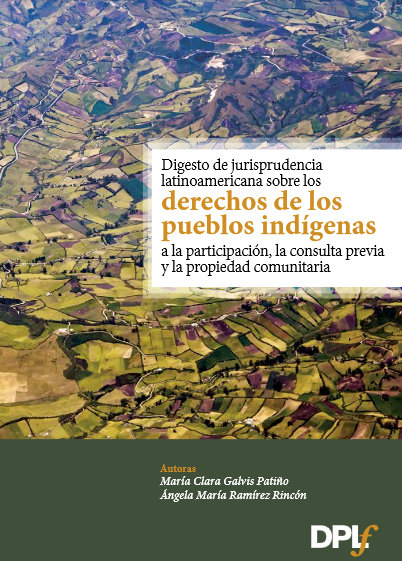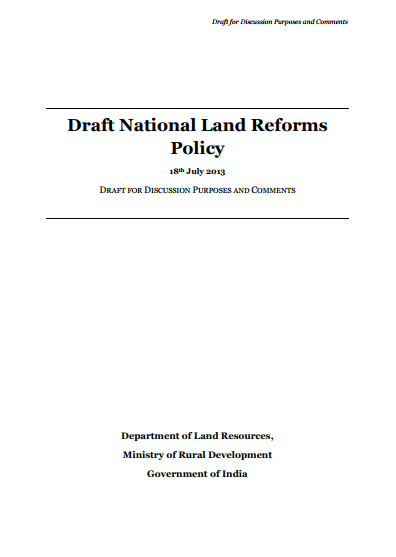Partial enclosure of the commons
We examine the efficiency, distributional, and environmental consequences of assigning spatial property rights to part of a spatially-connected natural resource, a situation which we refer to as partial enclosure of the commons. The model reflects on a large class of institutions and natural resources for which complete enclosure by a sole owner may be desirable, but is often institutionally impractical.





